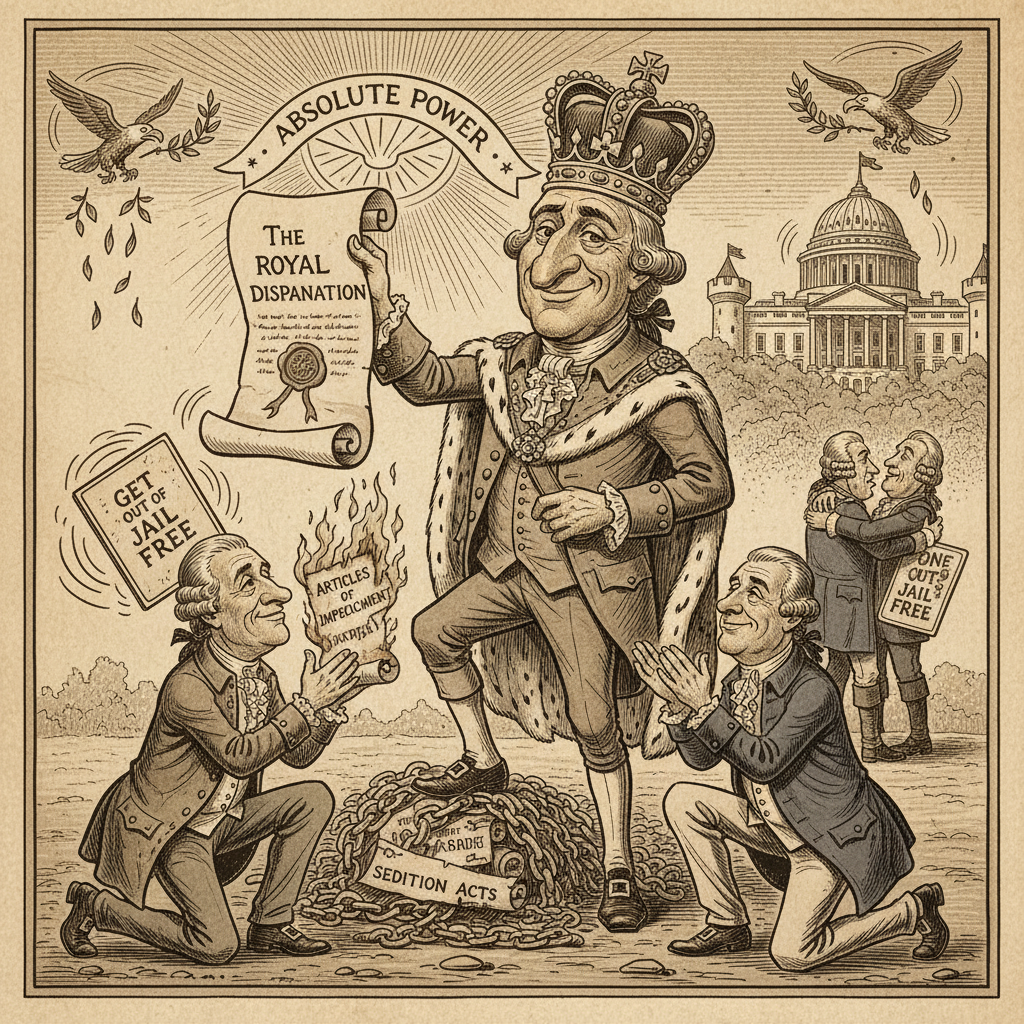President Trump’s recent issuance of pardons to Rudolph Giuliani and 76 others, all implicated in efforts to overturn the 2020 election, has reignited profound questions regarding the scope and implications of executive authority.
Details:
- The executive order, signed earlier this week, extended full pardons to individuals facing federal charges related to their involvement in challenging the certification of the 2020 presidential election results.
- White House Press Secretary Karine Jean-Pierre, when questioned, noted the administration’s robust defense of executive prerogative, comparing it to historical "Acts of Grace" that once circumvented judicial processes for "the good of the Crown."
- Legal scholars across the ideological spectrum have raised concerns about the timing, coming just weeks before several of the pardoned individuals were set to face grand jury proceedings, effectively pre-empting judicial review.
Why it Matters:
These pardons challenge fundamental accountability and governance under law. They echo pre-revolutionary grievances against unchecked executive prerogative, where a single authority nullified legal processes and subverted popular sovereignty. This raises acute questions about electoral process integrity. This demands re-evaluation of constitutional checks. John Dickinson asked: "For WHO ARE A FREE PEOPLE? Not those, over whom government is reasonable and equitably exercised, but those, who live under a government so constitutionally checked and controlled, that they cannot be governed in any other than a reasonable and equitable manner." His question remains pertinent.
